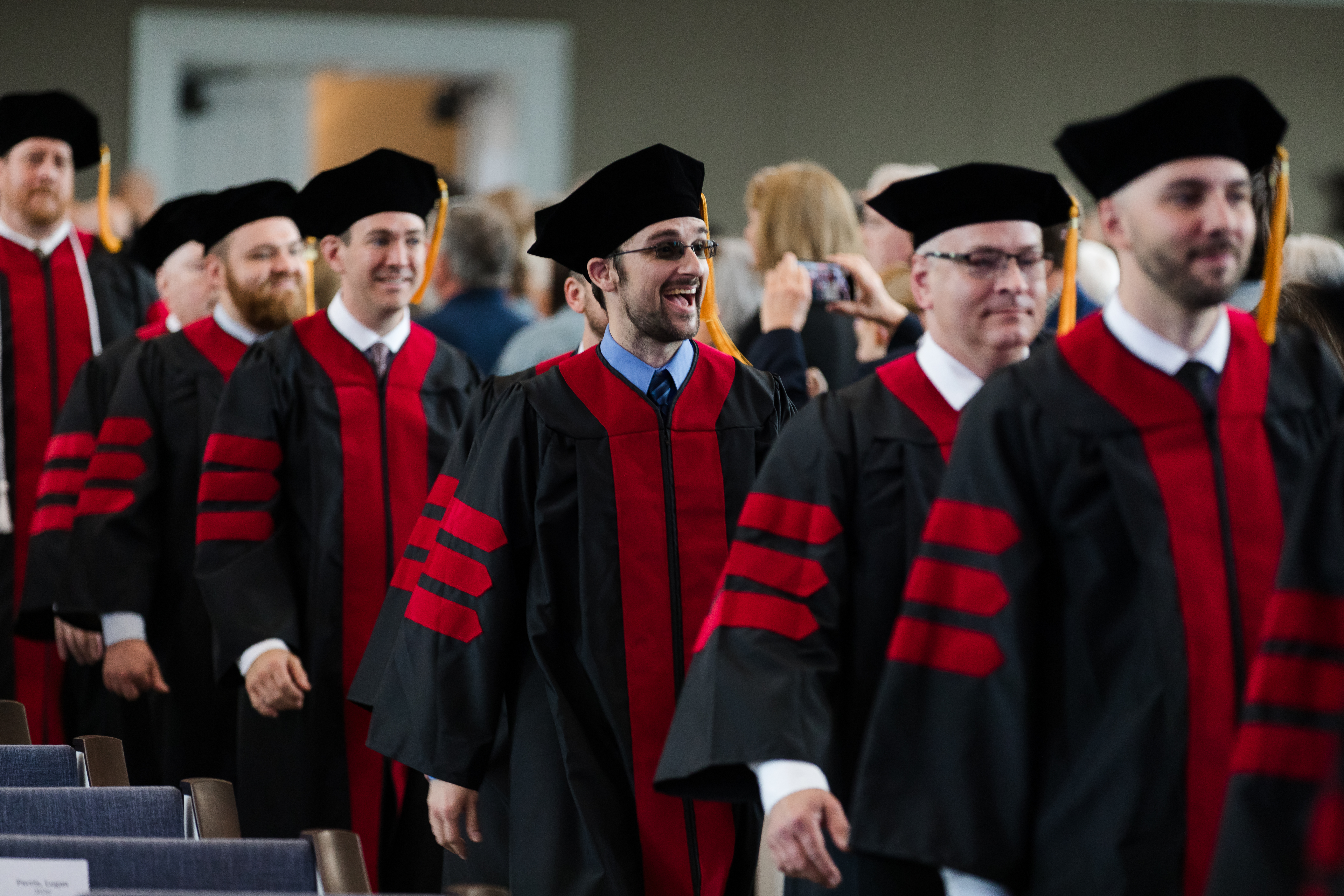Stewardship Is Cross-Shaped
Further to a proper posture and approach to money and economics, stewardship reinforces that all of life is cross-shaped. It is this first toward God, then toward the good of the world. Such a posture beckons individuals, families, churches, and communities to consider the best expression of love for God and their neighbors when budget-planning or deciding on economic policy. The number of factors to consider, especially for communities, is manifold and must be conducted with great care and wise counsel. But the basic framework remains. God made us to love him with all of who we are, then to love our neighbors as ourselves. Few issues expose our loves like our spending habits.
Cross-shaped stewardship calls for sacrificial generosity, justice, and concern for the vulnerable, as well as entrepreneurship, creativity, investment, growth, opportunity, and flourishing.
Stewardship Resists Consumerism Through Simplicity and Contentment
In contrast to a world driven by both scarcity and excess, Christian stewardship promotes contentment and simplicity. Disciples of Jesus are called to live free from the love of money (Hebrews 13:5), trusting in God’s provision and resisting the idols of materialism and consumerism.
This is especially difficult for 21st-century Westerners to hear, but it is true. Our culture screams, “You deserve it!”, “If you want it, buy it!”, “Just buy something!” and many more mantras that undermine the stewardship mindset and cross-shaped posture to consider others as more important than ourselves (Phil. 2:4). This is not a call never to spend money, for such economic inactivity would be detrimental to our neighbors. It is, however, a call to resist believing the gospel of consumerism that teaches, “You are a consumer. The bad is to lack and the good is to consume. Thus, buy things and overcome the lack, then you will be happy.”
Even if oversimplified, this is an accurate portrait of the consumerist worldview. The bad is to be without (to lack or want), and the good is to fill the lack with more stuff. So, buy things and feel better. The problem? We are not made for stuff, we are made for God, and, as St. Augustine rightly prayed in the opening paragraph of his Confessions, “Our hearts are restless until we find our rest in Thee.” Moreover, the bad is not lacking stuff; it is lacking a relationship with God because of our sin. Hence the need for righteousness through Jesus, who restores us to the Father and renews our true nature and purpose.
Simplicity and contentment, then, inform a Christian approach to the material world. Stuff will never satisfy, and only Christ brings contentment. This does not mean we reject all material possessions. But we do well to remind ourselves regularly through prayer, fasting, and discipline that less is more and Jesus is most.
Stewardship as Economic Wisdom and Opportunity—Keeping and Cultivating
Recognizing the virtue of simplicity and contentment, we must also remember that stewardship includes wise economic investment and opportunity—i.e. cultivating, not just keeping.
Just as the Bible warns against materialism and consumerism, failing to invest wisely (or at all!) is equally condemned (Matt. 25:14-30). Such stewardship includes entrepreneurship, various forms of investment, work, and the like. These are not ends in themselves but are opportunities to bless others and cultivate the conditions for greater flourishing of individuals, families, and communities (Gen. 1:28; Matt. 25:14–30).
This may look like meeting with a financial advisor for counsel on investing for the future and ensuring an inheritance for children and grandchildren. Stewardship also includes opening a coffee shop with a community-focused mission, with the goal of expanding one location each year, and leveraging years of education experience to open a homeschool co-op in an area with few educational options. Investment for a flourishing community could be starting a community garden in the open lot next door or launching a garbage pickup business that is more affordable, reliable, and environmentally friendly.
In short, stewardship compels us regularly to inventory everything God has given us—money, material possessions, relationships, gifts and skills, time, etcetera—and consider how to cultivate these gifts to the maximum glory of God, kept in check by contentment and the Great Commandment.
Stewardship Is Eschatological: Investing in the Kingdom of God
Finally, Christian stewardship is future-oriented. Success is not ultimately measured by numbers or financial bottom lines. The metrics of Christian stewardship include faithfulness and eternal Kingdom impact. This is why evangelism, discipleship, and vocational apprenticeship are essential in addition to a healthy business that turns a profit, produces quality products, provides quality service, treats employees with dignity, and operates with high integrity.
Our economic activity begins and ends with stewardship, leveraging everything God has given us for His glory, in a way that bears witness to Christ our King now and unto eternity.






No comments have been added.